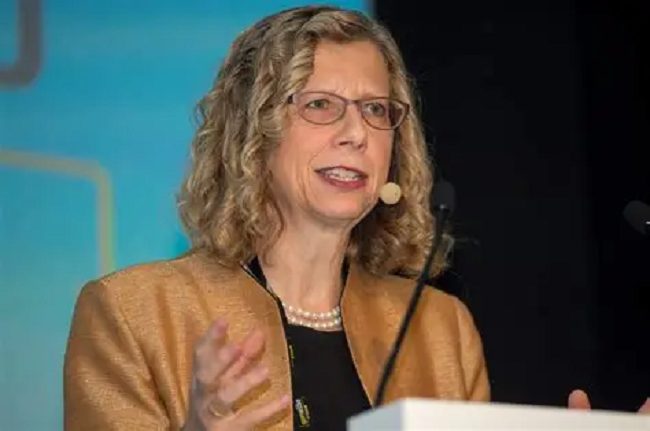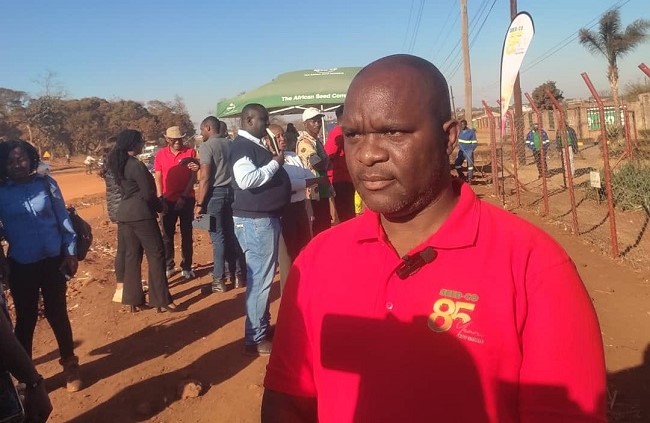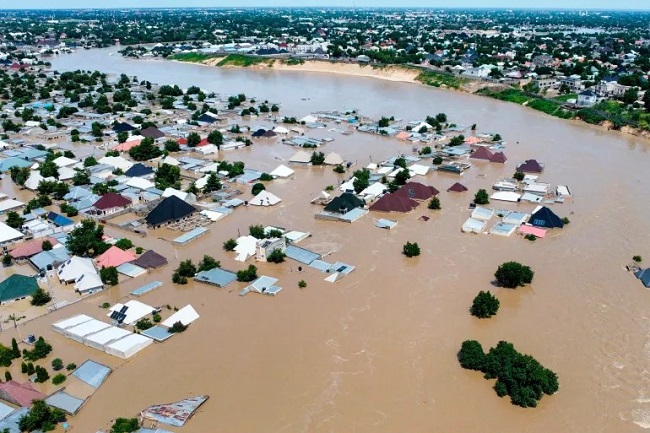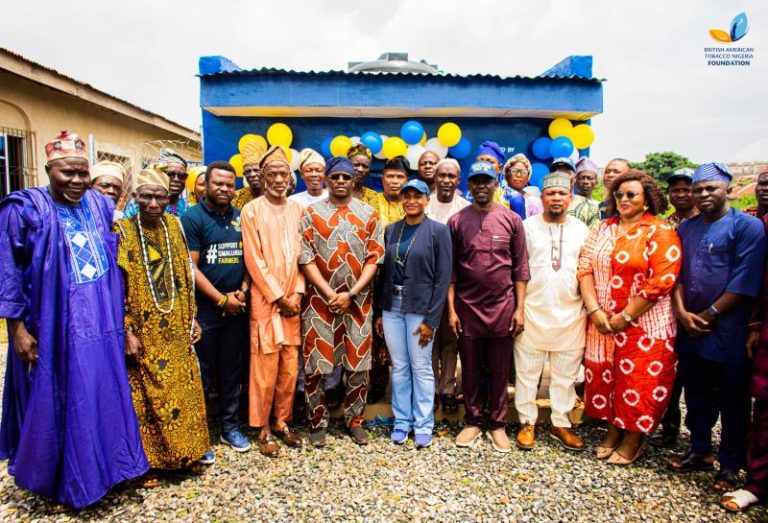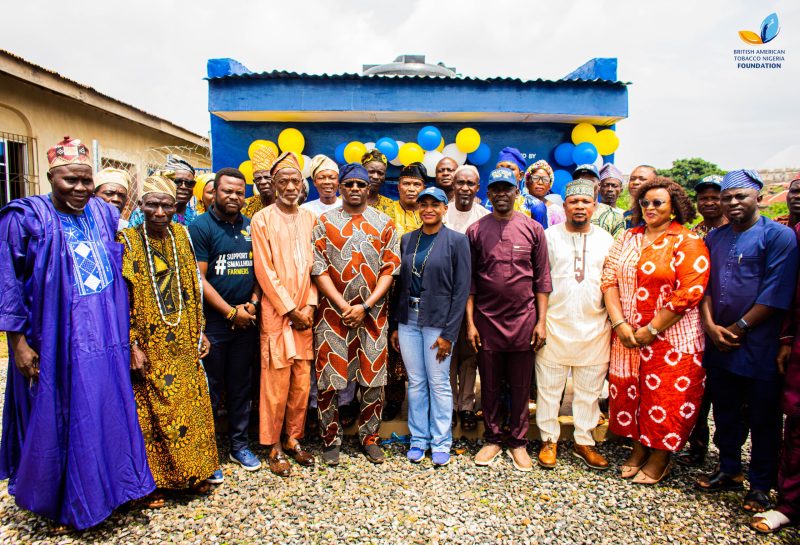The Women in Oil and Gas (WEOG) has stressed the need for sustainable awareness creation in promoting climate action ahead of the 2025 World Decarbonisation Day.
The group said this at the Pre-Decarbonisation Day webinar on Tuesday, August 5, 2025, in Lagos.
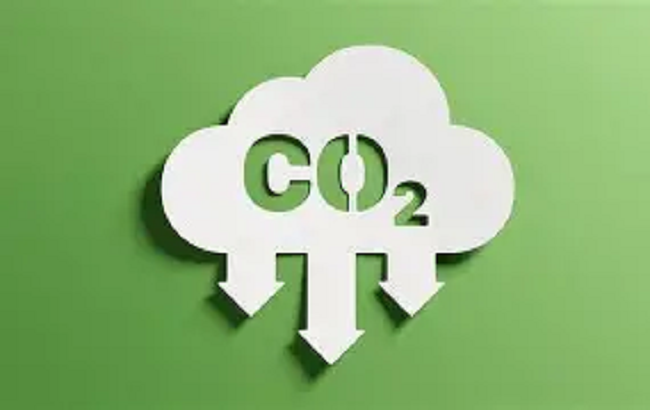
The WEOG is a forum created to promote gender diversity and inclusion in the male dominated energy, oil and gas industry.
It was created to create opportunities for women to step into leadership roles and pursue their careers, businesses and personal goals in line with the SDG goal number 05.
The WEOG National President, Mrs. Tolu Longe, called for the right narrative on climate action.
“It is really an honour for me as we count down to the World Decarbonisation Day (WDD) 2025.
“We started this movement in 2024, when we as women in oil and gas declared the first Decarbonisation Day on September 3.
“We believe that women are not just participants in the energy transition. We believe that we are a powerful catalyst and today’s conversation underscores a truth we must embrace.
“Which is that decarbonisation is not just a technical thing, it is not just for the western world, it is something about you, it is something about me and it is something about the human race and our story as a whole.
“It is important we tell the truth about climate change and decarbonisation in a bold manner, while making sure it is not embellished. The media are great tools in helping us tell our story and efforts on climate change.
“As we unite in the journey toward decarbonisation, I urge everyone that let us tell the stories that matters and creat a change. Let us tell the truth that will sting the right places,” Longe said.
She reiterated that the objective of the webinar was aimed at exploring the critical role of climate communication in accelerating public awareness, driving behaviour change, and influencing global and local climate policies.
On her part, Mrs. Toyin Alozie, the Chairperson, Women in Oil and Gas/ Future Energy Renewable and Climate Action Committee (WEOG/FERCA), noted that the group is set to take leadership role in Nigeria’s decarbonisation journey.
“FERCA is committed to taking leadership roles and responsibilities in Nigeria’s energy transition towards sustainability.
“Sustainable energy access as well as action to mitigate climate change is our drive.
“WEOG/FERCA are part of the World Decarbonisation Day and we stand with it,” Alozie said.
Also, Mrs. Toyin Yusuff, Chairperson, World Decarbonisation Day 2025 (WDD), also called for the communication of the right narrative on Nigeria’s fossil fuels.
“We are in the fossil fuels sector, and we are aware that there are nature-based technologies and solutions that can be engaged and used sustainably to meet the net zero emissions target.
“In climate change, there are problems and there are opportunities. We should not be climate victims but climate leaders because we have all it takes to handle our energy poverty issues.
“With the narrative of demonising fossil fuels is not to our advantage. Not everyone can afford solar energy and the likes; by embracing decarbonisation, we can embrace our local technology, we can also attract green investments.
“When we take leadership in decarbonisation, the world will look to us for decarbonisation.
“We cannot decarbonise behind closed doors, we need the media to take positive action and choose to report the positives and the opportunities of decarbonisation and not just the disasters,” Yusuff said.
On his part, Mr. Desmond Majekodunmi, a renowned environmentalist activist and founder of Lufasi Nature Park and board member at the Nigeria Conservation Foundation, called for joint responsibility in the addressing climate action.
“Climate change action is a massive responsibility today’s journalists need to bear.
“The role of journalists in climate change discuss is very key. We need to bring the reality of the situation out there because the time is running short
“Some of the calculations as regards the rapid decline of climate change is at a tipping point. We need to leave a good legacy for our children and not a basket of problems.
“We also need religious leaders to speak to their followers on the need to protect and preserve the earth,” Majekodunmi said.
A climate change advocate and speaker at the webinar, Mr. Olumide Idowu, urged the mass media to go the extra mile in the promotion of climate action.
“The media need to understand the role it plays. Decarbonisation begins with awareness and it’s the media that can tell this story better.
“Journalism is one of the ways we can bridge the gaps between innovation and action.
“Climate change is a time bomb that will affect everyone, if necessary, actions are not taken.
“Journalism is the bedrock of how the story of climate change is told, it will help influence policies,” Idowu said.
The WEOG in 2024 declared September 3 as the WDD.
The declaration was borne as an African global initiative dedicated to accelerating climate action through inclusive, innovative, and sustainable pathways.
The WDD 2025 summit slated for September 3–4, in Abuja, Nigeria, will convene 3,000+ stakeholders to spotlight Africa’s leadership in global decarbonisation and sustainable development.
By Mercy Omoike




